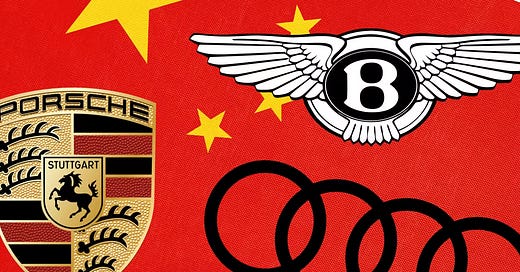UPDATES: Thousands of Porsche, Bentley and Audi cars have been impounded in US ports after a supplier to parent group Volkswagen found a Chinese subcomponent in the vehicles that breached anti-forced labour laws.
Despite disruptions in direct trade between the two countries due to tariffs and political issues, global trade as a whole has not significantl…





